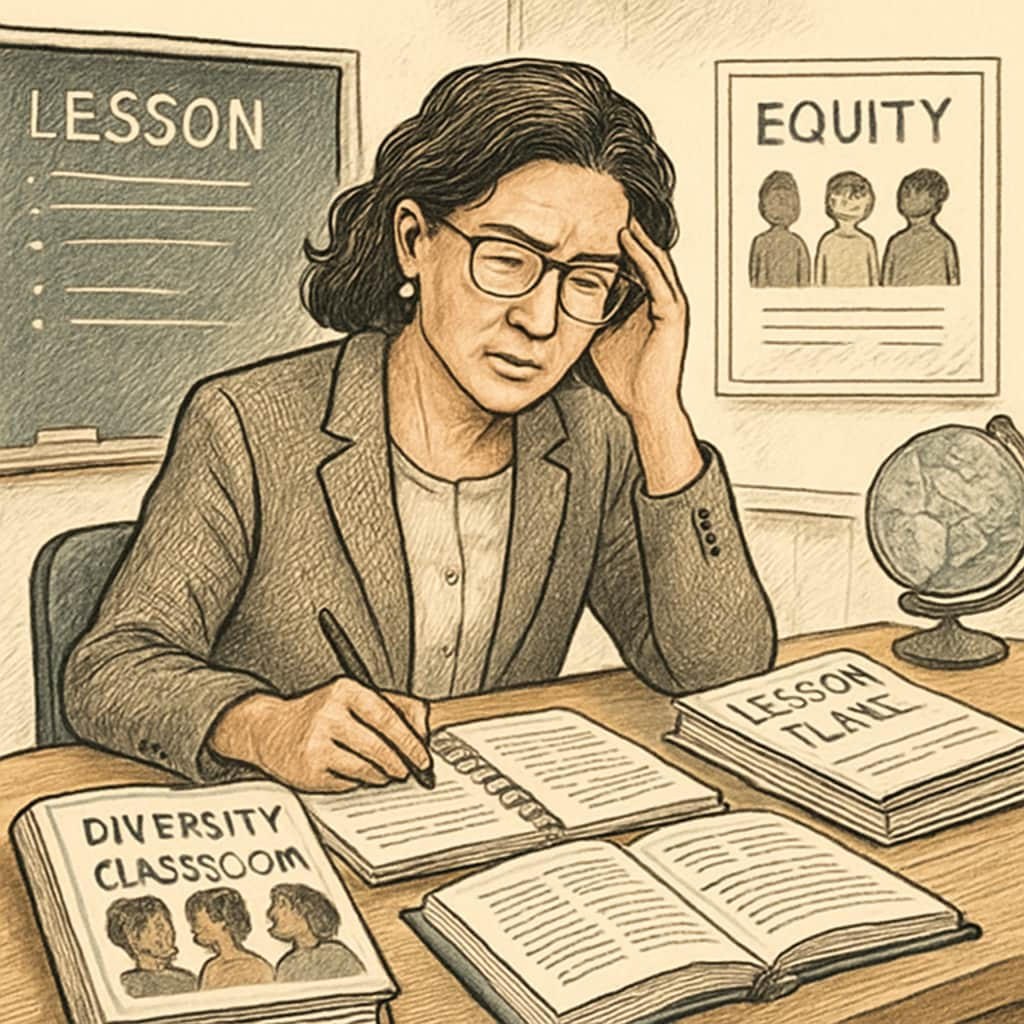In recent years, conservative groups have increasingly turned to public records requests as a tool to scrutinize diversity curriculum materials in educational institutions. While this trend initially focused on higher education, it has now extended into K-12 schools, sparking debates over academic freedom, teacher autonomy, and the role of diversity in foundational education. The implications of this surveillance-like approach demand careful examination, especially as educators struggle to balance transparency with their commitment to inclusive teaching.
Monitoring Diversity: A Growing Trend
Public records requests, typically framed as efforts to ensure transparency and accountability, have become a strategic tool for conservative organizations seeking to assess—or challenge—diversity-related teaching content. These requests often target course syllabi, lesson plans, and teacher correspondence related to diversity, equity, and inclusion (DEI) topics. While public records laws were designed to promote government accountability, their increasing use in educational contexts has raised concerns about intrusive oversight.

For example, in recent cases reported in states like Florida and Texas, conservative groups have obtained access to detailed information about diversity-focused initiatives in schools. This has led to heightened scrutiny of educators and curriculum developers, who sometimes feel pressured to avoid controversial topics for fear of public backlash or legal complications.
Impact on K-12 Education
The extension of public records requests into K-12 education has intensified debates surrounding the teaching of diversity. Unlike higher education institutions, where academic freedom is often safeguarded by tenure and institutional policies, public school teachers may face more direct challenges. These include:
- Self-censorship: Educators may feel compelled to avoid addressing sensitive but important DEI topics to avoid external scrutiny.
- Administrative challenges: Schools must allocate significant resources to process and respond to public records requests, diverting attention from educational priorities.
- Legal risks: Teachers and administrators may face lawsuits or other legal actions if their materials are deemed inappropriate by conservative groups.
As a result, the growing use of public records requests threatens to undermine the quality of education by discouraging open discussion and critical thinking. It also risks eroding trust between educators and the communities they serve.

Strategies for Educators and Schools
To navigate this challenging landscape, educators and schools can adopt several proactive strategies:
- Transparency without compromise: Schools can proactively share their diversity curriculum plans with parents and stakeholders to build trust while maintaining the integrity of their educational mission.
- Legal preparedness: Institutions should consult legal experts to ensure compliance with public records laws while protecting sensitive information.
- Community engagement: Building strong relationships with local communities can help counter misinformation and foster a supportive environment for inclusive education.
- Professional development: Training programs can empower educators to confidently address controversial topics and handle external scrutiny.
By adopting these measures, schools can balance their obligations for transparency with their commitment to fostering diverse and inclusive learning environments.
Balancing Academic Freedom and Accountability
At its core, the debate surrounding public records requests in education reflects broader societal tensions over the role of diversity in schools. While accountability is essential, it should not come at the expense of academic freedom or the ability of educators to provide a balanced and comprehensive education. Policymakers, educators, and communities must work together to ensure that oversight mechanisms are used responsibly and do not become tools for undermining diversity efforts.
As this trend continues to evolve, it will be crucial to monitor its impact on both educators and students. Ensuring academic freedom while addressing legitimate concerns about transparency will require ongoing dialogue and collaboration between all stakeholders.
Readability guidance: This article uses short paragraphs and lists to enhance readability. With a focus on actionable strategies and balanced perspectives, it aims to inform educators and policymakers about the implications of public records requests on diversity education.


